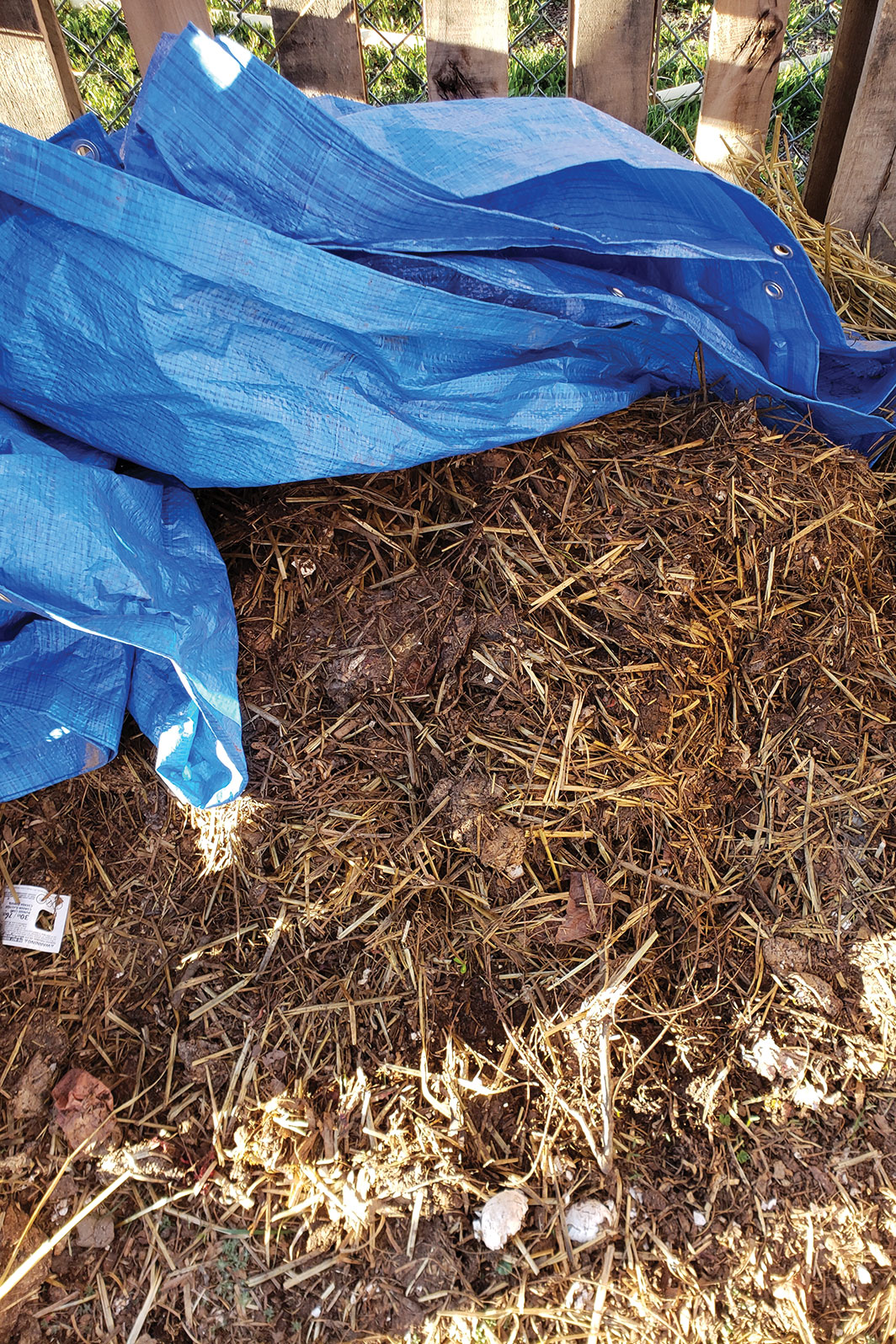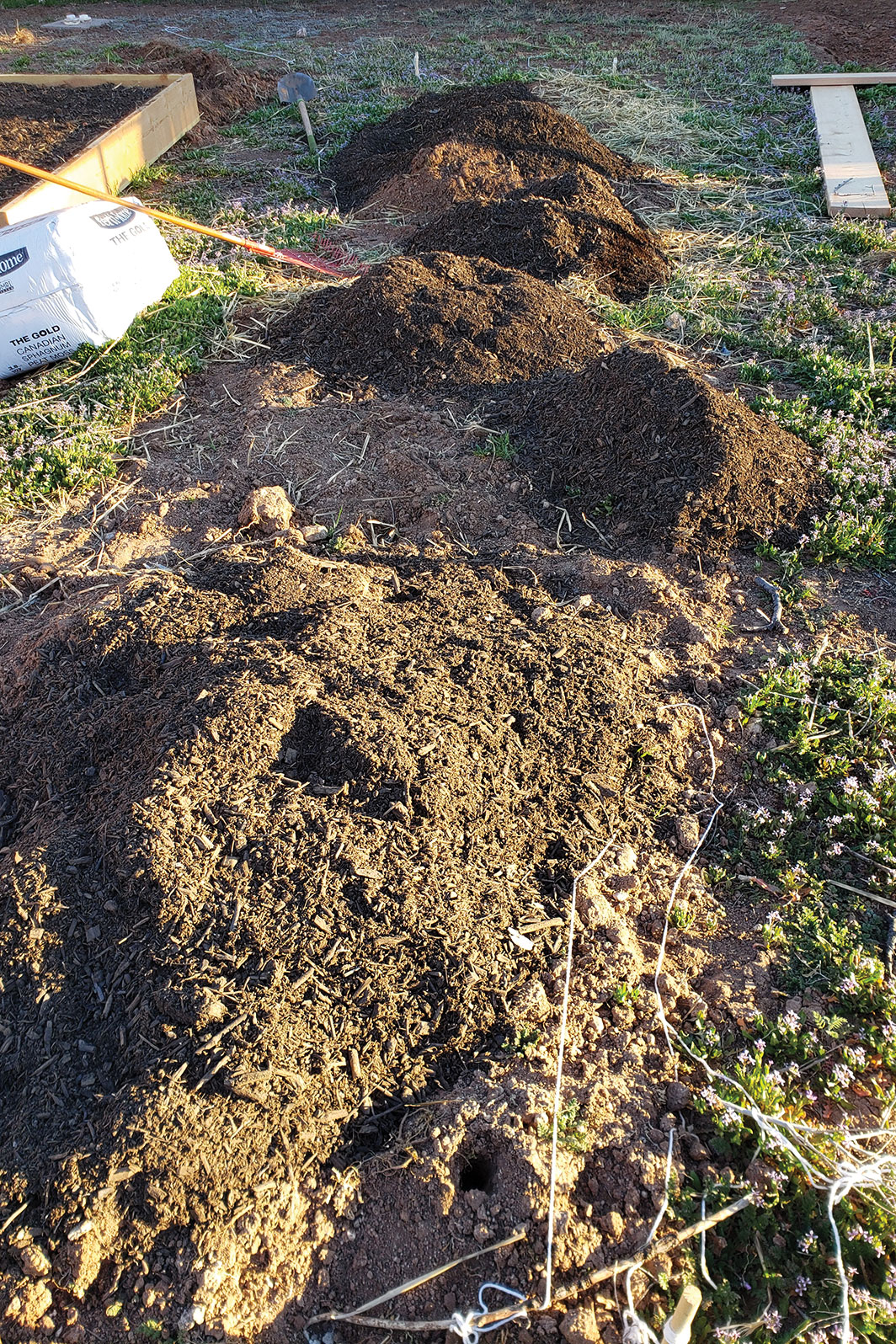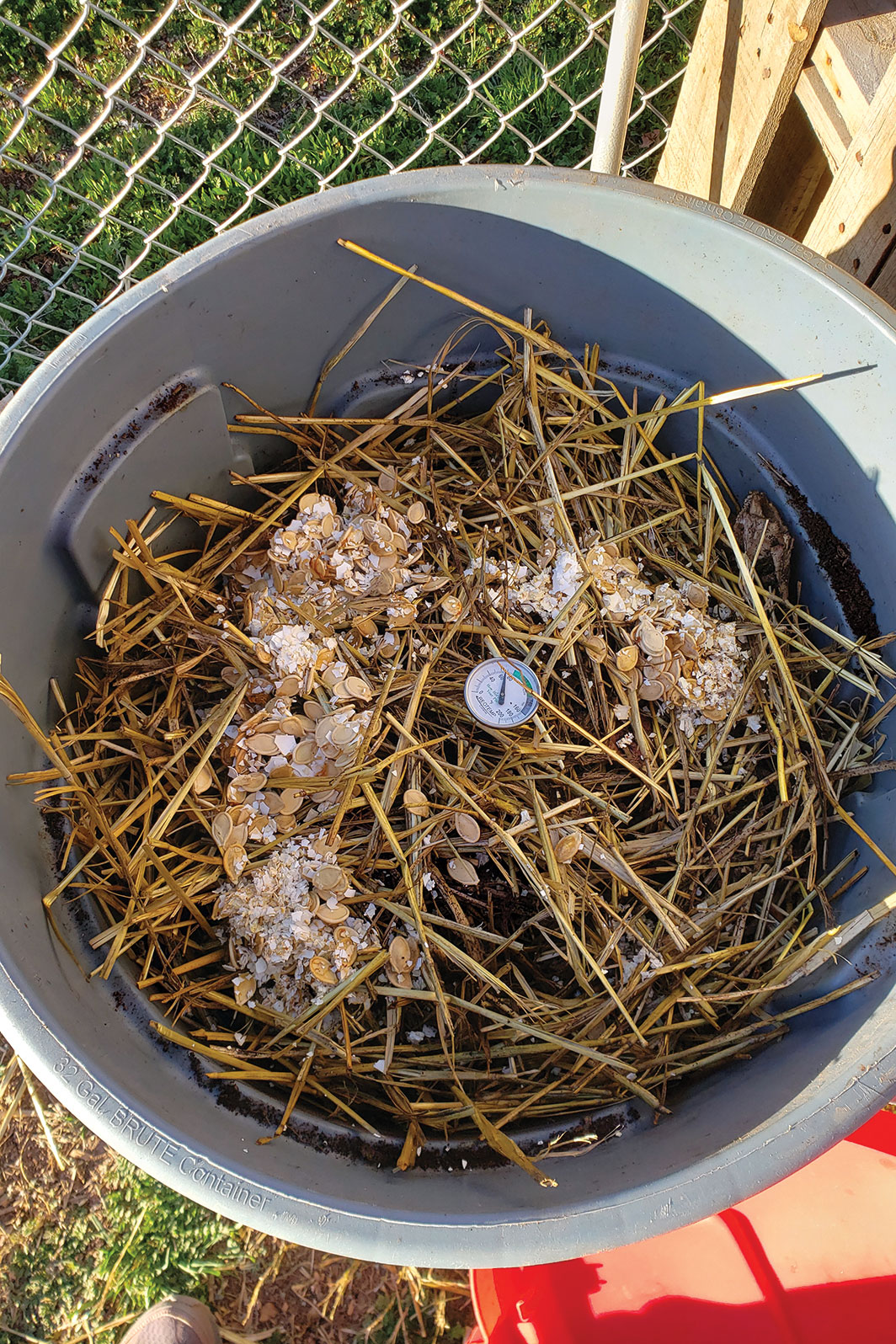Growing up in the Four Corners, my backyard was desert and sand. Despite the constant blowing wind and harsh growing conditions, I was determined to grow my own flowers and vegetables. I remember watching the Wizard of Oz as a child and making a realization. It was the scene where the trees throw apples at Dorothy. This was where I learned that apples grew on trees and could be picked! I was set on growing my own food. And yes – I wanted to have my very own apple tree.
For my first few attempts, nothing came of it. I tried and tried, but nothing would grow. No apple trees, no flowers, and no vegetables. The reason for my early failure was that I did not fully understand how much the health of the soil determines how my plants grow.
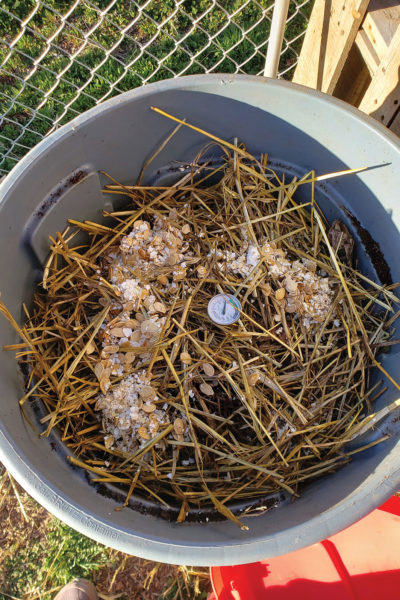
The sand, the hot sun, and the blowing wind were working against me. To grow healthy plants that are happy and disease-free, we also need healthy soil. As Natives, we historically understood that. Tribes living on ocean coasts fertilized with fish and seaweed.
In the desert, our communities planted using the three sisters method, interplanting corn, squash, and beans to fertilize the soil. More recently, when Europeans introduced us to new animals such as cows and chickens, we began using their manure to provide nutrients to the land. We have historically understood these life cycles in order to feed ourselves and our loved ones.
The health of the soil depends mainly on where you live. Soil can vary from acre to acre. If you plan to have a successful garden, it is important to understand the type of soil that you have. Soil is bursting with life, even if it doesn’t look like it. It contains whole communities of worms, bugs, bacteria, root systems, and fungi.
Just like people, the soil needs the right type of foods to be healthy. This food for soil is called amendments. Amendments to your soil will provide different benefits. Soil amendments can help your soil retain water and other nutrients, improve drainage, prevent compaction, feed the worms and bacteria, and provide aeration.
There are two types of soil amendments: inorganic and organic. Inorganic amendments are things like vermiculite, perlite, sand and some types of man-made fertilizers. Organic amendments are from formerly living things. This includes wood chips, grass clippings, straw, wood ash, compost, manure, and sawdust.
Compost is one of the most helpful organic supplements that you can add to your soil. Compost is made from decomposed plant matter and it is full of nutrients and conditioners. Compost seems to solve many issues gardeners experience in the arid Four Corners region.
In the Four Corners our soil has too much sand or clay, which causes soil compaction and dries out. Sand drains quickly and doesn’t hold onto water and nutrients. Clay can hold too much water and drown the plants. And, if you have a high mixture both sand and clay soil, it can turn into something like concrete and dry out too quickly. This prevents plants from developing deep roots that spread out underground.
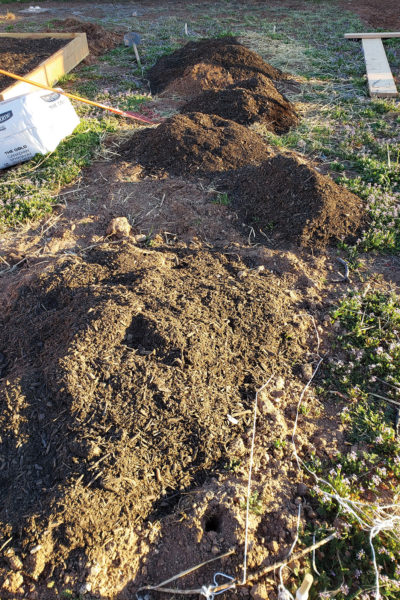
Compost helps air out the soil, and it holds onto just enough water and nutrients. It also makes the soil loose so roots can dig deep in search of water. It also provides food for living organisms like worms, bacteria, and fungi.
You can also tell how healthy garden soil is by how dark the soil looks. The darker it appears, the more decayed plants materials, or compost, is in there. If you take a walk in the forest, you’ll notice the ground beneath the trees are darker. This is actually compost made from decayed pine needles and leaves.
When you are thinking about how to start a healthy garden, start with healthy soil. Healthy soil can take years to build, but it is worth it. Healthy soil means healthier plants, which means more food for you to eat and share. Healthy soil means a happy garden. And a happy garden means a healthier you.
Denee Bex is a Registered Dietitian and advocate for healthy traditional diets and homegrown foods within Native American communities. She can be reached at Denee.Bex@gmail.com.

